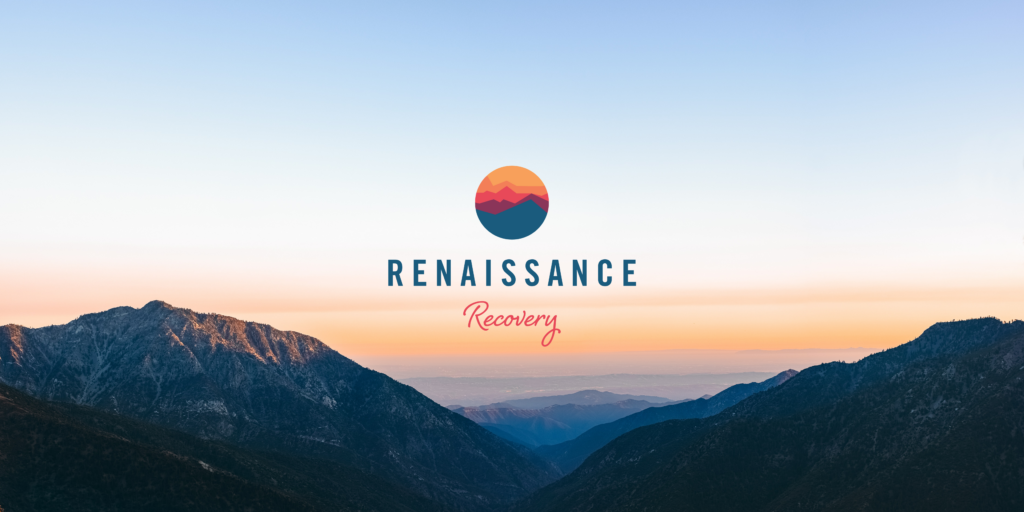Unfortunately, there is no guaranteed cure for addiction. Furthermore, there is not a person alive who has suffered from addiction who is immune to the risk of relapse. As such, each person must adhere to a rigid set of tips for relapse prevention in order to get clean and stay clean for life.
Relapse occurs when a person in addiction recovery gives in to cravings or triggers and drinks or takes drugs. A relapse does not necessarily mean that the user will dive back into a pattern of substance abuse. Therefore, anyone who makes a mistake can get back up and keep going.
Need help getting addiction treatment?
Tips for Relapse Prevention
Below are some tips for relapse prevention and how you can keep going with your recovery.
Identify High-Risk Scenarios
A high-risk situation may include the following:
- A bar or establishment that serves alcohol
- Spending time with a certain person or crowd
- Attending an event where alcohol is present
- Being alone or isolated for too long
- Feeling stress at work
- Conflict with family, friends, or coworkers
Many of these high-risk situations can cause triggers, which, in turn, cause you to want to drink or take drugs.
Manage Your Emotions
One of the core concepts in almost all types of addiction treatment therapy is learning how to identify and manage your emotions. More specifically, your therapist may guide you through emotion management in specific situations. Once you complete rehab, you must learn to manage your emotions in the real world.
Managing your emotions can be challenging when you are faced with conflicts at home, at work, or with friends. Or you may have to deal with stressful situations such as work responsibilities or personal finances. Learning how to apply what you learned in therapy to real-world situations can keep your stress level and triggers at bay.
Form a Recovery Support Network
Nobody stays sober on their own. They require help from at least one strong and influential person who they are accountable to. This is especially helpful during the early stages of recovery. If you are going to be successful in preventing a relapse, then you need to form a support network. Your network may include:
- Your therapist
- Rehab alumni
- Support group
- Sober living house at our partner facility
- Family
- Encouraging friends
You may also want to reach out to a life coach, mentor, counselor, or a minister who can provide additional encouragement and resources for helping you stay on track.

Maintain a Balanced Life
In truth, even when your life is balanced it doesn’t stay that way for very long. However, maintaining a balanced life is more of a mindset or a lifestyle than it is achieving perfect balance. The premise of maintaining balance is to not allow any aspect of your life to get out of control.
This means putting a limit on how much you work. It also means spending more time with friends, family, or personal interests. It also means managing your money, your physical health, and your mental health. Balance and routine can help you stay focused on your goals and prevent chaos from leading to a relapse.
Become Aware of the Stages of Relapse
Perhaps the single most effective way of avoiding relapse is to discover as much as you can about how the process unfolds.
There are three stages to relapse:
- Emotional relapse: Although you might not be thinking about substance use, your behaviors could be setting the groundwork for relapse. Perhaps you are bottling up your emotions, isolating yourself from friends and family, not eating or sleeping properly, and feeling anxious or angry.
- Mental relapse: Mental relapse is characterized by inner turmoil. In some ways you want to return to substance use. You may start trying to convince yourself you could control your substance use, or you might glamorize substance use rather than assessing the negative outcomes. If unaddressed, this stage will lead to physical relapse.
- Physical relapse: When you consume an alcoholic beverage after a spell of sobriety, this is classified as physical relapse.
Practice Grounding Techniques
Stress and anxiety can be significant barriers to recovery.
The 5-4-3-2-1 technique is a coping technique that helps you to focus on all five senses in turn rather than allowing thoughts of substance use to consume you. This grounding technique will also help you to keep anxiety and unhealthy self-talk at bay.
After taking a series of deep breaths, you perform the following actions:
- Acknowledge 5 things you can see
- Acknowledge 4 things you can touch
- Acknowledge 3 things you can hear
- Acknowledge 2 things you can smell
- Acknowledge 1 thing you can taste
Complete the exercise by taking a long breath.
Using this technique will help you to become more self-aware and more in control when overwhelmed by thoughts that could easily lead to relapse.
Draw Up an Emergency Contact List
Sometimes, cravings for substances during recovery can be intense and very challenging to resist, particularly during the early phase of recovery.
Make sure you have a contact list of healthy loved ones or friends and family in recovery you can call if confronted by seemingly unmanageable cravings.
Keep the list of contact details with you at all times so you always have help on hand.
Use Deep Breathing Techniques
Breathing is central to your life and by changing breathing patterns, you can exert more control over your life.
Breathing governs several core functions throughout the body. Additionally, breathing has a significant impact on brain chemistry. As such, the way in which you breathe can affect your emotions and mood.
Deep breathing triggers the release of chemical messengers (neurotransmitters) in the brain. Many of these neurotransmitters cause the release of feel-good chemicals, leading to increased happiness and relaxation, and reduced pain.
When you breathe deeply, this improves oxygen flow and promotes the expulsion of toxins.
The 4 x 4 breathing technique involves taking 4 deep breaths through the nose, holding, and then releasing for 4 seconds. This technique allows you to feel the movement in your diaphragm as you breathe.
Not only is deep breathing a highly effective relapse prevention technique, but it can also be used just about anywhere without anyone being aware of what you are doing.
Practice mindfulness and meditation
Studies indicate that practicing mindfulness and meditation can be effective at minimizing the chance of relapse during recovery.
Meditation and controlled breathing help you to calm your mind and to observe your feelings detachedly. When you learn how to observe your feelings and let them go, this is a proven method of de-escalating the negative thought processes that can trigger poor behaviors like substance use.
Both mindfulness and meditation can be an effective part of medication-assisted treatment for both alcohol use disorder and substance use disorder.
Learning to remain more anchored to the present could help you along the road to sustained recovery without relapse. Mindfulness can also be a powerful tool when you’re trying to resist cravings for substance use during the challenging early phase of recovery.
Develop and maintain a healthy routine
When you are looking to move beyond addiction, it helps to start building and maintaining a structured and healthy routine.
It takes time and discipline to form new habits, so make things easier on yourself. Plan out your days in a diary. Prioritize your recovery, but always block out time for exercise and relaxation, too. Research shows that intense aerobic exercise can help reduce both depression and anxiety, improving all areas of life as a result.
Focus on sleep health and diet, and allow time for recovery meetings, counseling, relaxation techniques, and hobbies.
As you ease further into sober living, you’ll soon discover that you are not being deprived of anything by quitting drink or drugs.

Learn More About Relapse Prevention at Renaissance Recovery
Whether you are just starting your treatment or getting ready to complete rehab, relapse prevention is essential to lifelong recovery. Renaissance Recovery offers comprehensive treatment for all types of addictions. Our goal is to help you reach your goals and get on the road to a sustainable recovery without relapse.
Learn more about tips for relapse prevention as well as how to get started with your treatment by calling us at 866.330.9449



